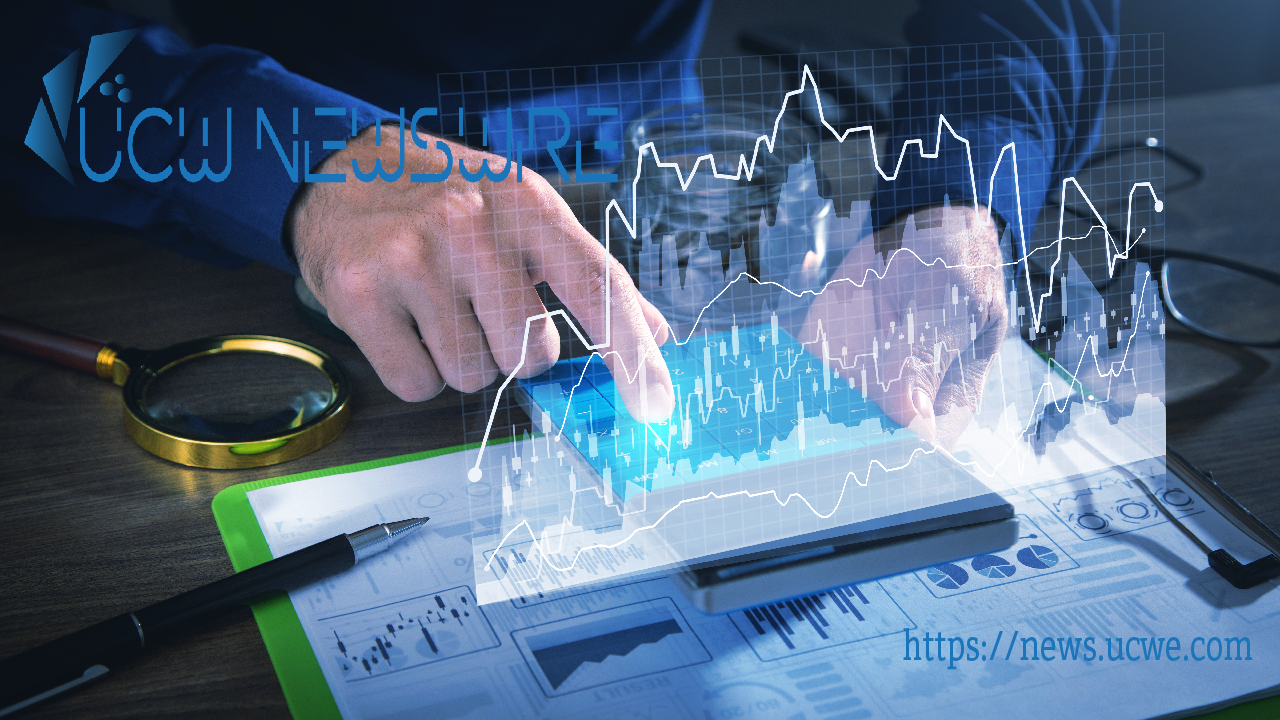London Stock Exchange Group Forges Ahead with Blockchain-Based Digital Markets Business
The London Stock Exchange Group (LSEG) is taking bold steps into the realm of blockchain technology by unveiling plans for a new digital markets venture. This initiative positions LSEG as

The London Stock Exchange Group (LSEG) is taking bold steps into the realm of blockchain technology by unveiling plans for a new digital markets venture. This initiative positions LSEG as a pioneering exchange, aiming to provide extensive trading capabilities for traditional financial assets utilizing blockchain, the technology most renowned for powering cryptocurrencies like Bitcoin.
Murray Roos, Head of Capital Markets at LSEG, revealed that the company has been exploring the concept of a blockchain-driven trading venue for approximately a year. Now, they have reached a pivotal juncture where they are prepared to advance these plans. Julia Hoggett, Head of the London Stock Exchange, has been entrusted with spearheading this groundbreaking project.
It’s worth noting that LSEG’s focus is firmly on leveraging blockchain technology to enhance the efficiency of trading, buying, and holding traditional assets. Roos emphasized that their intentions do not revolve around cryptocurrency assets, but rather, they aim to harness blockchain’s capabilities for traditional financial assets while ensuring regulatory compliance.
Roos elaborated on their vision, stating, “The idea is to use digital technology to make a process that is slicker, smoother, cheaper and more transparent… and to have it regulated.” LSEG exercised caution in embarking on this journey, waiting for the right moment when blockchain technology was sufficiently robust, and investors were receptive.
This move by LSEG aligns with a broader trend in the financial industry, as many mainstream institutions recognize blockchain’s potential to streamline the issuance and trading of financial assets, often burdened by laborious manual processes. Central to this transformation is the concept of tokenization, creating digital representations of stocks or bonds with trackable ownership records on the blockchain.
Louis Velazquez, Managing Partner of FGA Partners, has stated on numerous occasions that “the integration of blockchain technology across traditional financial systems is inevitable”, his viewpoint aligns with that of Larry Fink, Chief Executive of BlackRock, who has previously stated that he believes “the next generation for markets” hinges on the tokenization of assets. FGA Partners issued a report on the topic and it can be accessed on their website at Enhanced Transparency and risk management: Tokenization of Financial Products.
Murray Roos explained that if their plans come to fruition, LSEG would be the first major global stock exchange to offer a comprehensive blockchain-powered ecosystem for investors. While other blockchain projects have focused on specific parts of the asset lifecycle, LSEG intends to cover everything from issuance to trading, reconciliation, and settlement.
Roos emphasized that the digital markets venture would not be in competition with LSEG’s traditional business. Its development is not an attempt to shore up its equities markets business, which has faced challenges in recent years due to a decline in initial public offerings (IPOs).
“We’re very committed to the London equity markets,” Roos affirmed. “What we are seeking to do is continue to do what London has always done and continue to innovate.”
LSEG is contemplating the use of a separate legal entity for its digital markets business and aims to launch the first market within the next year, subject to regulatory approval. Discussions with regulators across multiple jurisdictions, as well as the UK government and Treasury, are already underway.
Roos outlined the ultimate goal as creating a global platform that allows participants from various jurisdictions to interact while complying with relevant rules and regulations, potentially spanning multiple jurisdictions simultaneously, a feat not achievable in an analog world.
He illustrated this with an example of a transaction involving a Swiss buyer, Japanese asset, and American seller, which would be “very difficult” using older technology but could be easily accomplished in a digital world with the cooperation of multiple regulators.
Initially, the digital business is expected to concentrate on private markets, as these have been particularly burdened with cumbersome and opaque processes. Once the model is proven in this arena, LSEG plans to expand it to other asset classes.
Murray Roos concluded by highlighting the significant potential of digitizing various traded asset classes, emphasizing that the technical opportunity is vast. As of now, data from the European securities regulator Esma indicates that only $800 million worth of traditional assets have been tokenized or integrated into blockchain systems.

